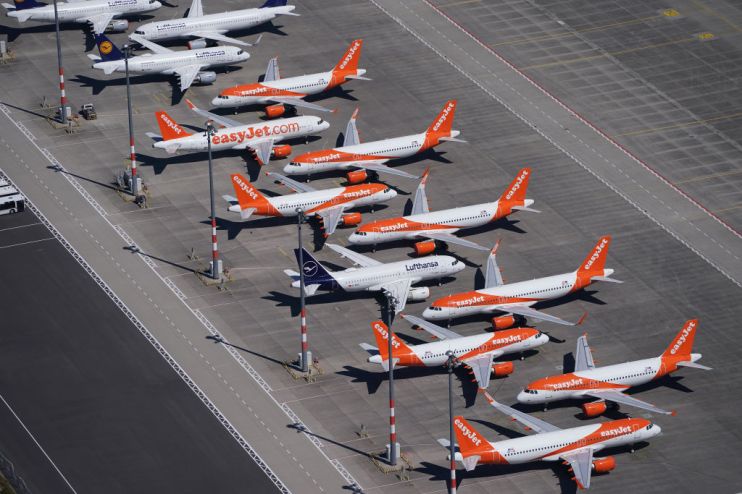Easyjet ends carbon offsetting scheme as it focuses on new aircraft technology

Easyjet is ending its carbon offsetting scheme at the end of the year in favour of a multi-million-pound investment into new aircraft technology under its roadmap to net-zero by 2050.
As part of the plan, older planes will be replaced with 168 new Airbus NEO, which are 15 per cent more efficient and 50 per cent quieter.
The upgrade will cost Easyjet a total of $21bn (£19.5bn) over the last few years.
The carrier will also focus on operational efficiencies as well as sustainable aviation fuels, which have already been contracted from suppliers for the next five years.
“We’re the first airline to outline an ambitious road map in which zero carbon emission technology plays a key role to take us to net zero emissions by 2050 and ultimately to zero carbon emission flying across our entire fleet,” chief executive Johan Lundgren told journalists on Monday morning.
“We believe this is doable, [but] we recognise it is ambitious as well.”
Lundgren unveiled the roadmap on Monday, saying it will help the low-cost carrier reduce its emissions per passenger kilometre by 78 per cent.
Residual CO2 will be tackled through the use of carbon removal technology.
The airline’s partners such as Airbus and Rolls-Royce have also pledged their support to the low-cost airline’s environmental targets.
Airbus will support Easyjet with the retrofitting of its entire A320 fleet with its descent profile optimisation, which will save more than 311 tonnes of CO2 per aircraft per year, while Rolls-Royce is making the final preparation for its first hydrogen engine tests.
Francesco Ragni, aviation professor at Buckinghamshire New University told City A.M. moving away from carbon offsetting was a “reasonable move” for Easyjet.
“Easyjet’s new initiatives will deliver proven emission reductions, backed by science, while the benefits of carbon offsetting schemes remain vague at best, and have often been criticised by environmentalist as being a smokescreen to continue to carry on their business,” he said.